Oman: Conditions, Issues and U.S. Relations
Prior to the wave of Middle East unrest that began in 2011, the United States had consistently praised the Sultan of Oman, Qaboos bin Sa’id Al Said, for gradually opening the political process without evident public pressure to do so. The liberalization has, to date, allowed Omanis a measure of representation but has not significantly limited Qaboos’ role as paramount decision-maker. The modest reforms have not satisfied some Omani civil society leaders, youths, and others, and this disappointment produced protests in several Omani cities in 2011. The domestic popularity of Qaboos, some additional economic and political reform measures, and repression of protest actions, caused the unrest to subside in 2012. High turnout in the October 15, 2011, elections for the lower house of Oman’s legislative body suggested that unrest—and the accelerated reforms launched in response—were producing a new public sense of activism, although with public recognition that reform will continue to be gradual. The first-ever municipal elections in Oman on December 22, 2012 furthered the sense of political empowerment among the electorate. This book examines current conditions, issues and U.S. relations with the country of Oman with a focus on human rights; international religious freedom; investment climate; and a country profile.
{{comment.content}}
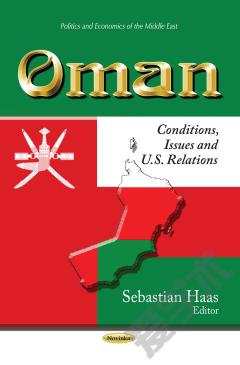

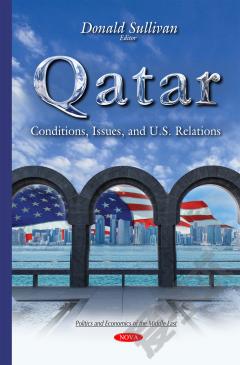
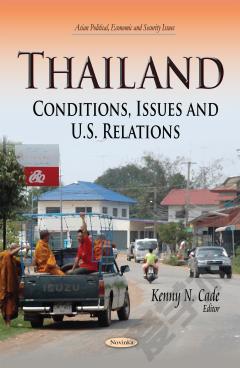

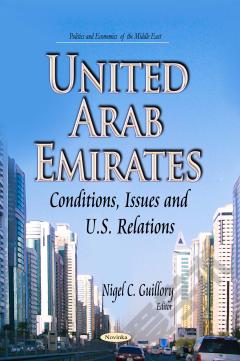
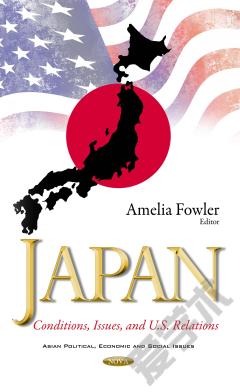

 京公网安备 11010802027623号
京公网安备 11010802027623号